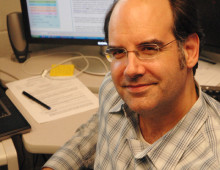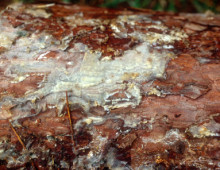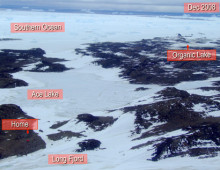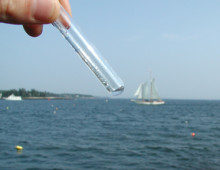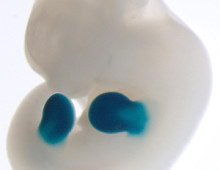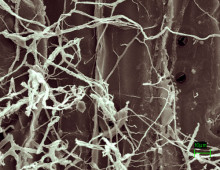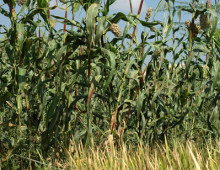Fungal Map of Mutations Key to Increasing Enzyme Production for Bioenergy Use
WALNUT CREEK, CA—In half a century, one fungus has gone from being the bane of the Army quartermasters’ existence in the Pacific to industry staple and someday, as part of the U.S. Department of Energy’s mission to promote national energy security through clean, renewable energy development, a biofuel producers’ best friend. Trichoderma reesei’s makeover is… [Read More]

